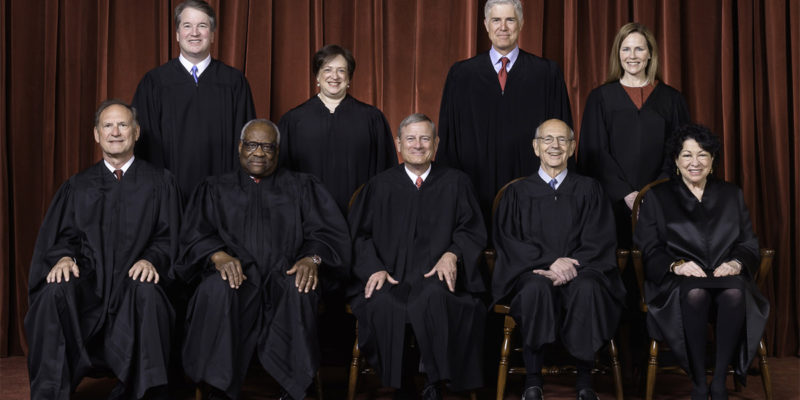Recall that at the time of drafting our Constitution, our nation had just come out of a brutal war for its independence and our leaders sought to establish a fundamentally different kind of government, one based upon self-government.
Our Framers sought to balance individual liberty, which they had foremost in mind, and social order as they drafted the document grounded in this principle of self-government.
So, the Founders devised a system in which the states and the federal government were joint sovereigns sharing power. However, in this arrangement they demanded that the new constitution limit the national government to specific, express, enumerated powers which they listed with great specificity, with all other power reserved to the states and the people. Said another way, the states—as the legitimate repository of power—agreed to a voluntary transfer of enumerated powers from the states to the federal government.
Secondly, they created a three-part federal government, Legislative, Executive and Judicial, that would remain that way based upon a delicate system of checks and balances. This is our Separation of Powers which simply means that our three branches of government would be required to “stay in their own lanes” such that one branch could no more make itself more powerful at the expense of another branch than they could give their constitutional authority away to another branch.
And, equally importantly, the federal government was required to stay out of the lanes of the states.
With this in mind let’s review some recent Supreme Court decisions.
Roe v. Wade was a violation of both states’ rights and separation of powers. It was reversed because the 1973 Roe Court illegitimately decided to “federalize” the abortion issue and take that profound moral policy decision away from the 50 states in whom it is entrusted. It’s also a violation of the Separation of Powers because the Supreme Court went “outside of its lane,” acting as a “super legislature.” In so doing, the Roe Court also disregarded its fundamental duty to interpret the law—not make the law—by magically “finding” a right to abortion in the Constitution.
Let’s review another violation of the Separation of Powers. In a recent case involving the Environmental Protection Agency the Court ruled in such a way that signals a broad reining in of the massive federal administrative state. The case involved climate change regulation but the principle the Court laid down can be applied to all the federal agencies. The issue was whether the EPA could use a little-known provision of a major federal statute to essentially redesign our national electric grid.
The Court relied on a legal doctrine which requires courts to be skeptical, if not suspicious, when agencies try to claim a previously unidentified power in a long existing statute; like saying “this statute is 50 years old, but the EPA somehow just discovered this new power in it which it’s now using to massively expand its own authority?” The Court held that the EPA had gone too far and was acting as a legislative body (at the whim of unelected bureaucrats) even though its only legitimate role is to administer laws passed by Congress.
Advertisement
Two final cases involve rights that are actually in the Constitution.
In a gun rights case, the Court struck down a New York law that prohibited its citizens from possessing a handgun on their person outside of the home unless they proved a “special need” to do so. The Court said “no” holding that “the Second … Amendment protects an individual’s right to carry a handgun for self-defense outside the home,” adding that “individual self-defense is the central component of the Second Amendment right.”
Finally, a case involving free exercise of religion and the “praying football coach” who was fired from his job at a public high school after he briefly knelt after games to offer a prayer of thanks. The Court ruled in his favor finding that the coach had never attempted to coerce his players to join him, or conditioned playing time based upon player participation in the prayer. Rather, in firing the coach the school district had unconstitutionally punished him “for engaging in a brief, quiet, personal religious observance.”
The Left is furious because it realizes that if it can no longer rely on federal courts to accomplish its policy goals it will now have to accomplish them in the constitutional way—by building public consensus and then passing a bill through Congress.
Editor’s Note: Users of RVIVR.com got a first look at this article. Check it out daily for news and video links and unique content!
Advertisement
Advertisement

